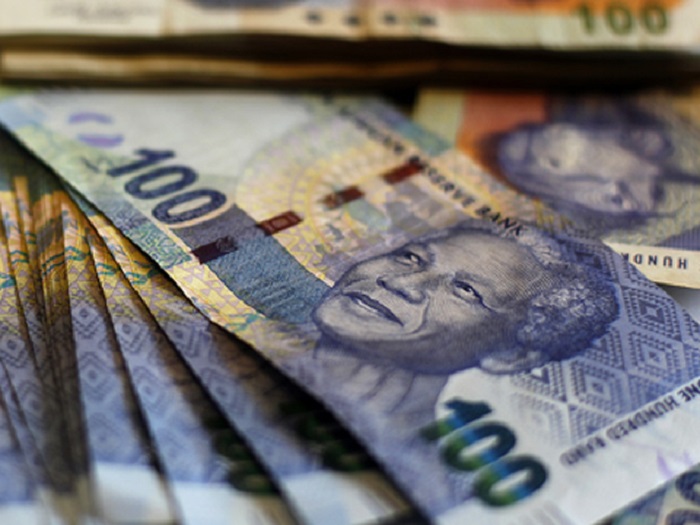Last night the rand dropped to a record low of R17, 99 to the US dollar during what’s been described as erratic trade on Asian markets. However, according to Efficient group chief economist, Dawie Roodt the Asian markets are not the only thing contributing to a weaker rand.
“There are two broad reasons why the rand came under pressure, of course there are international reasons, one of the international reasons are to do with what’s happening in China; clearly there is a significant adjustment taking place on the equity market and emerging currencies including the South African rand is being affected by that,” Roodt explained.
The rand plummeted by its single biggest margin in more than seven years as the market turmoil in China and a drop in US stocks deterred risk-taking.
The rand sank more than 9% versus the yen as sell orders mounted and buyers fell away. The slide coincided with the opening of Japanese retail trading platforms at about 07:00am Tokyo time.
“Apart from that it is clear that the US dollar itself is likely to appreciate over time because of relatively good economic news coming from the United States,” Roodt went further.
“Unfortunately, there is another set of reasons and that is to do with local economic conditions and local political conditions.”
Last night at a briefing President Jacob Zuma said that he refused to take responsibility for the economic fall-out of replacing Nhlanhla Nene as Finance Minister, saying he was correct to replace him. Zuma said that the markets and people overreacted as they did not know what was happening, and no single person could collapse a department.
“Clearly after the president spoke last night the rand came under additional pressure and reached a low of nearly R18 to the US dollar. Without a doubt what the president said about the firing of Minister Nene had an impact on the new movement of the exchange rate of our currency,” Roodt continued.
Roodt however added that he had a suspicion that the financial markets were relatively thin at that stage, meaning that there was not much liquidity on the financial markets.
“I think that the level where it is currently trading at about 16 and a half or so (rands) is more of a realistic level to the US dollar; in fact if we get the right economic policies and we get better political leadership I will not be surprised if it returns to much stronger levels than what it is at the moment,” Roodt expressed.
“So clearly the financial markets are voting with their feet and what they are telling us is that they do not have confidence in South Africa’s political leadership.” VOC (Umarah Hartley)






 WhatsApp us
WhatsApp us 


1 comment
Petrol price must now be increased to R50 YES fifty rand a litre and VAT to 16% immediately